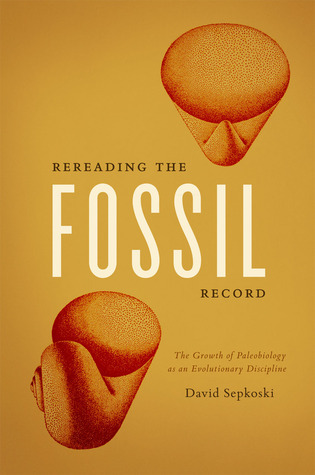What do you think?
Rate this book


Although fossils have provided some of the most important evidence for evolution, the discipline of paleontology has not always had a central place in evolutionary biology. Beginning in Darwin’s day, and for much of the twentieth century, paleontologists were often regarded as mere fossil collectors by many evolutionary biologists, their attempts to contribute to evolutionary theory ignored or regarded with scorn. In the 1950s, however, paleontologists began mounting a counter-movement that insisted on the valid, important, and original contribution of paleontology to evolutionary theory. This movement, called “paleobiology” by its proponents, advocated for an approach to the fossil record that was theoretical, quantitative, and oriented towards explaining the broad patterns of evolution and extinction in the history of life. Rereading the Fossil Record provides, as never before, a historical account of the origin, rise, and importance of paleobiology, from the mid-nineteenth century to the late 1980s. Drawing on a wealth of archival material, David Sepkoski shows how the movement was conceived and promoted by a small but influential group of paleontologists—including Stephen Jay Gould and Niles Eldredge, among others—and examines the intellectual, disciplinary, and political dynamics involved in the ascendency of paleobiology. By emphasizing the close relationship between paleobiology and other evolutionary disciplines, this book writes a new chapter in the history of evolutionary biology, while also offering insights into the dynamics of disciplinary change in modern science.
440 pages, Hardcover
First published January 1, 2012